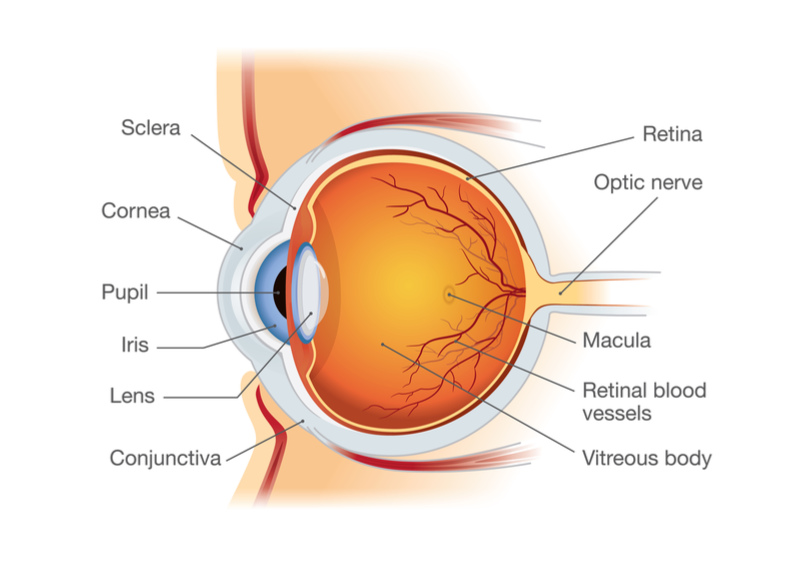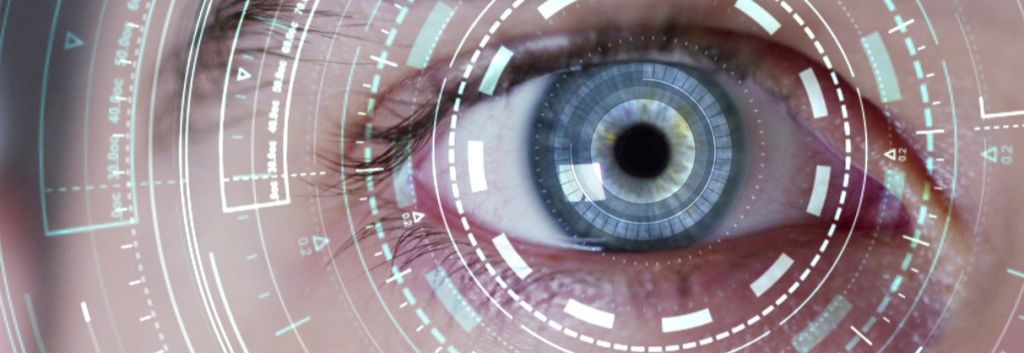Newsletter Signup - Under Article / In Page
"*" indicates required fields
Pixium Vision has successfully restored vision in three patients with age-related macular degeneration (AMD) using an implanted wireless device, offering significant improvements to their quality of life.
Pixium Vision has restored vision in three patients with age-related macular degeneration (AMD), using a wireless microchip, named PRIMA, that is implanted under a patient’s retina. The technology marks a key step forward in improving the quality of life of patients with AMD and could enable patients who have lost their sight to lead more independent lives by regaining partial visual perception.
Patients with the PRIMA implant wear glasses with a mini-camera which records images and converts them to infrared signals. The PRIMA microchip can detect these infrared signals, turn them into electrical impulses and send them to the brain via the optic nerve.
In the current study, three patients were successfully surgically implanted with the wireless microchips and the chip placement was stable after the operation. All three patients were subsequently able to see visual patterns in a former blind spot. The patients are now undergoing a period of training to adapt to their regained vision.

Founded in 2011, Pixium has raised a total of €15M in funding, most recently in a Series A round. After receiving approval to start a clinical feasibility study for the technology in France last October, the company implanted the first patient with the device in January. The patient reported “a first perception of light from the central zone where there was none previously” when the device was activated a month later. The news was reflected in a stark rise in Pixium’s stock prices.
AMD is a common eye condition for people above the age of 50, affecting over 4 million individuals. It usually impairs central vision, but complete vision loss is rare. Current treatments, such as laser therapy or drug injections, are effective in about 20% of patients with AMD. However, there is no current treatment for the remaining 80% of cases.
Other companies are developing retinal implant technologies as well, such as Second Sight Medical Products and the German company Retinal Implant AG. Unlike Pixium, Second Sight and Retinal Implant are targeting retinitis pigmentosa patients with their technology. Together, these companies could advance our treatments for eye diseases and improve the lives of patients suffering from blindness.
Images by solar22, HQuality/Shutterstock
Are you interested in eye disease R&D?







